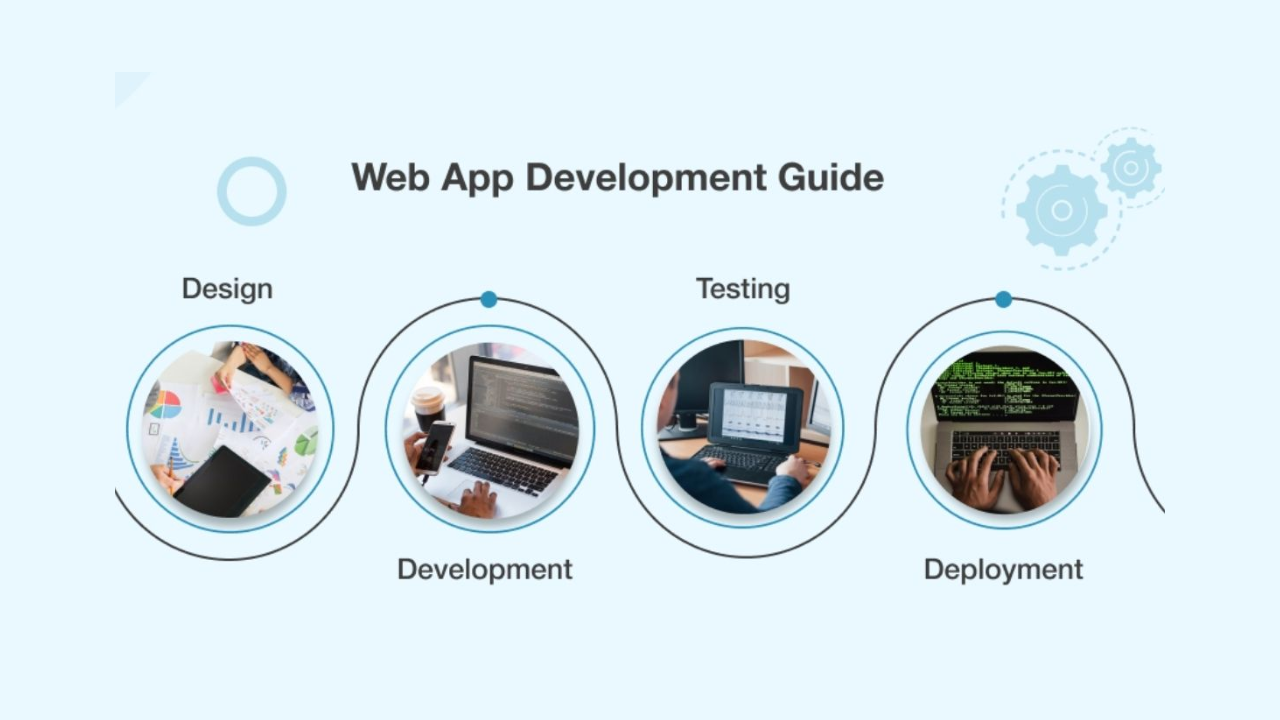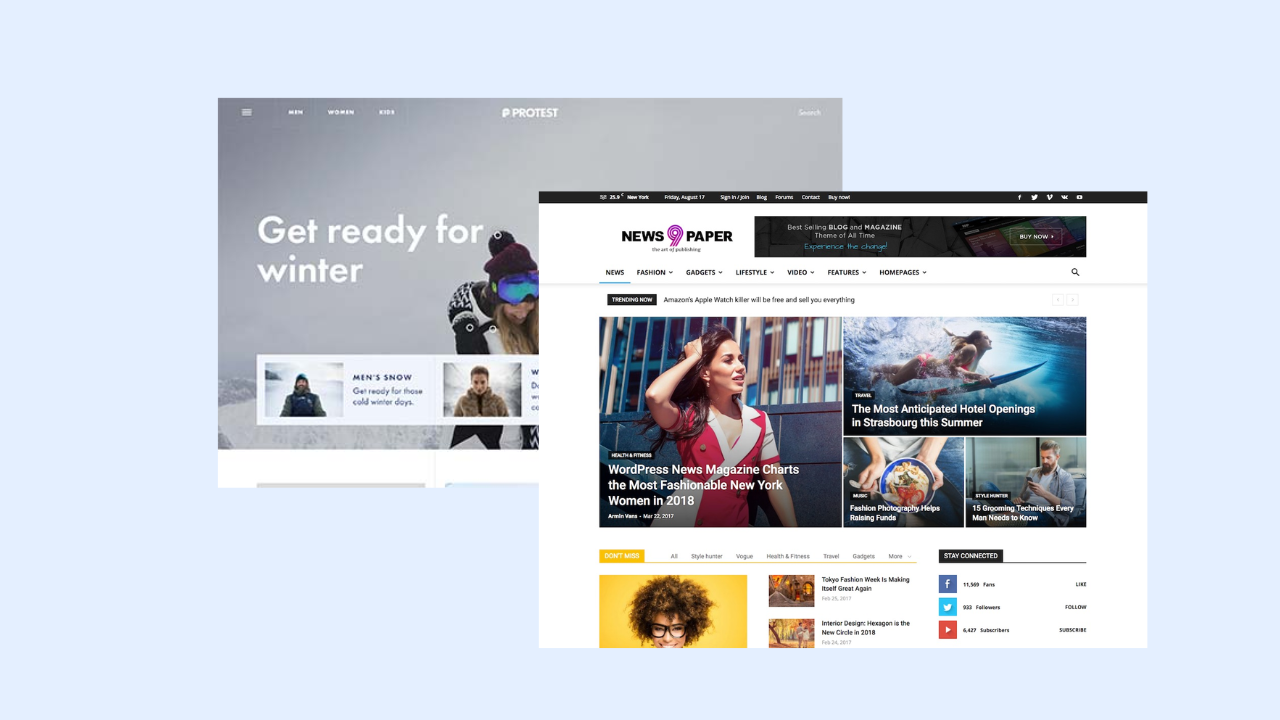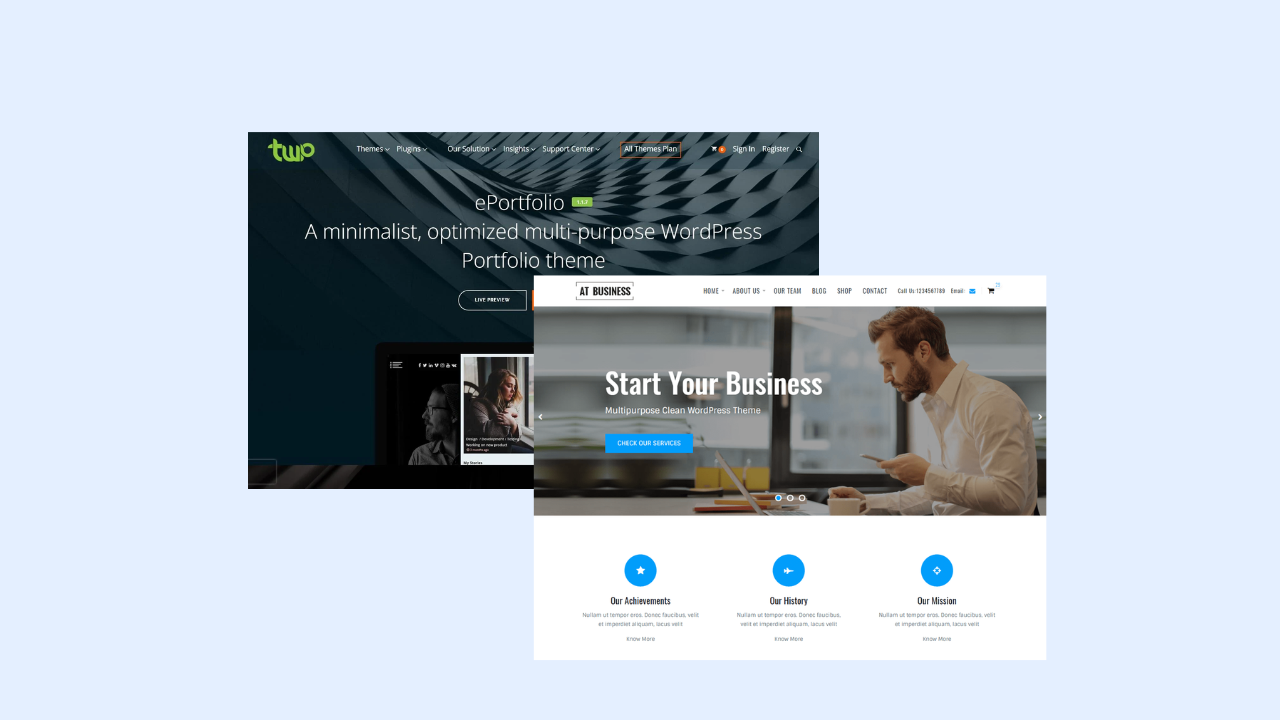Becoming a web developer involves acquiring a combination of technical skills, practical experience, and a solid understanding of web development concepts. Here’s a step-by-step guide to help you become a web developer:
1. Define Your Goals:
- Identify the specific areas of web development you’re interested in (front-end, back-end, full-stack, or specialization like UI/UX).
2. Learn the Basics:
- Familiarize yourself with the fundamental web technologies:
- HTML (HyperText Markup Language)
- CSS (Cascading Style Sheets)
- JavaScript (for both front-end and back-end development)
3. Understand Responsive Design:
- Learn about responsive web design to create websites that work well on various devices.
4. Master Front-End Development:
- Dive deeper into front-end technologies:
- Frameworks like React, Angular, or Vue.js
- CSS preprocessors like Sass or Less
- Version control with Git
5. Explore Back-End Development:
- Choose a back-end programming language:
- Common languages include JavaScript (Node.js), Python (Django, Flask), Ruby (Ruby on Rails), PHP, or Java.
- Learn about databases (SQL and NoSQL), server-side scripting, and server management.
6. Understand Full-Stack Development:
- Gain proficiency in both front-end and back-end technologies to become a full-stack developer.
7. Learn a Version Control System:
- Master Git and GitHub for collaboration, version tracking, and code management.
8. Explore Databases:
- Understand how to interact with databases, including SQL (e.g., MySQL, PostgreSQL) and NoSQL databases (e.g., MongoDB).
9. Build Projects:
- Apply your knowledge by working on real projects. Create a portfolio to showcase your work to potential employers.
10. Get Familiar with APIs:
- Learn how to use and build APIs (Application Programming Interfaces) for connecting your applications to external services.
11. Understand Web Security:
- Learn about common security vulnerabilities and best practices for securing web applications.
12. Explore DevOps and Deployment:
- Understand deployment processes and DevOps principles. Learn about hosting, server configurations, and deployment tools.
13. Stay Updated:
- Web development is a dynamic field. Keep up with new technologies, frameworks, and industry best practices.
14. Networking:
- Attend meetups, conferences, and participate in online communities to connect with other developers and industry professionals.
15. Build Your Brand:
- Create an online presence through a personal website, blog, or social media. Share your knowledge and experiences.
16. Continuous Learning:
- Web development is constantly evolving. Dedicate time to continuous learning and improvement.
17. Consider Formal Education:
- While not mandatory, formal education in computer science or web development can provide a solid foundation.
18. Portfolio and Resume:
- Build a strong portfolio showcasing your projects and create a professional resume.
19. Apply for Jobs and Internships:
- Start applying for web developer positions and internships to gain practical experience.
20. Prepare for Interviews:
- Brush up on common interview questions, coding challenges, and soft skills.
Remember, becoming a web developer is a journey, and practical experience is crucial. Consistently apply your skills through hands-on projects, and don’t be afraid to take on challenges. The web development community is vast and supportive, so leverage online resources and communities for guidance and collaboration.







